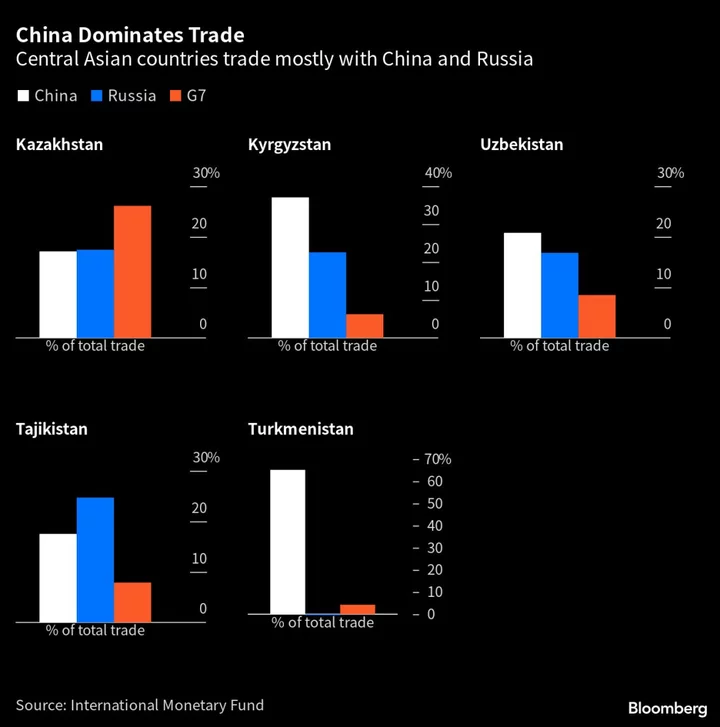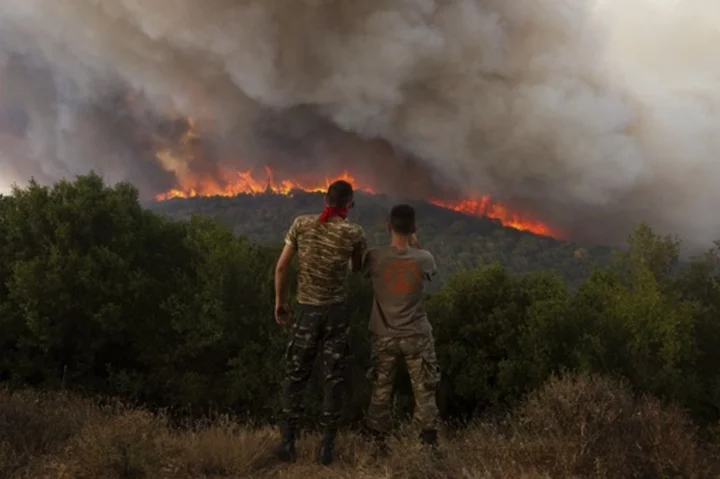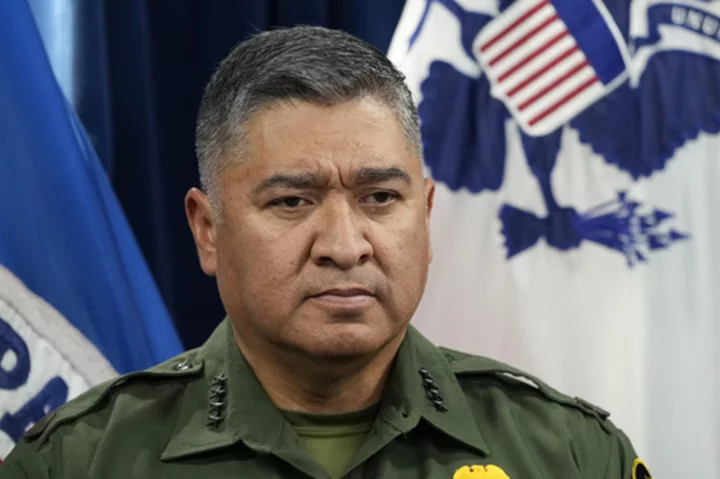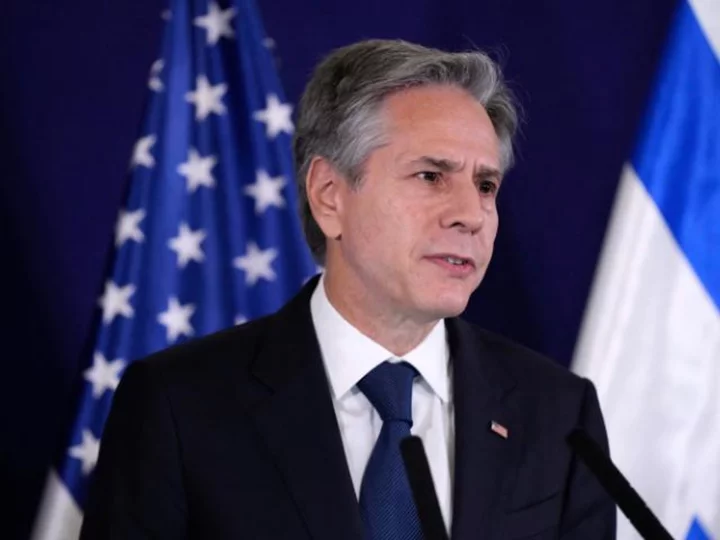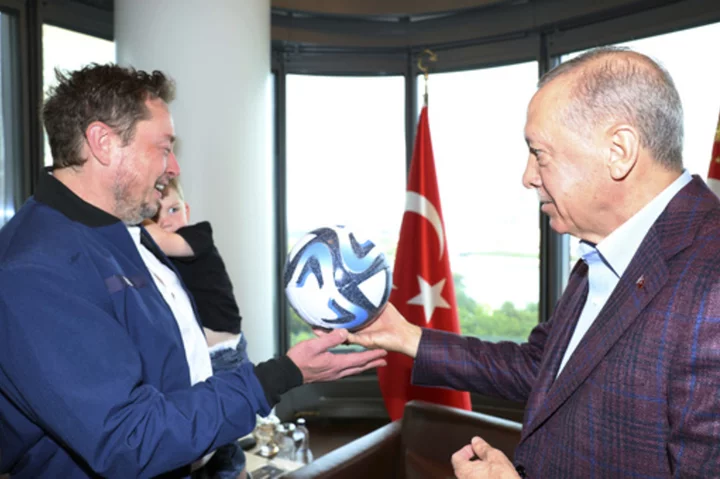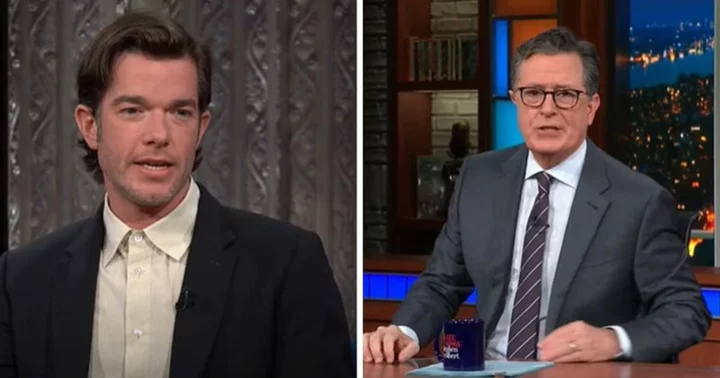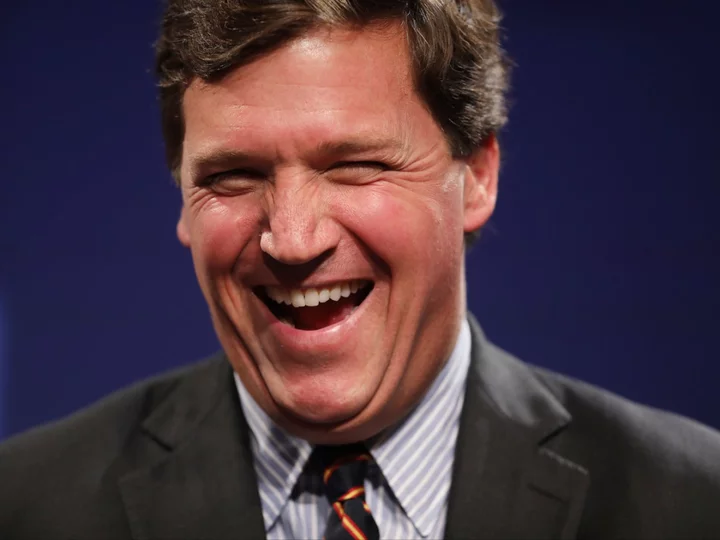President Xi Jinping will seek to deepen Beijing’s influence in Central Asia at a major summit, reminding a parallel Group of Seven conclave of China’s sway outside the US-led world order.
The two-day China-Central Asia Summit will assemble the leaders of Kazakhstan, Kyrgyzstan, Tajikistan, Turkmenistan and Uzbekistan from Thursday in the Chinese city of Xi’an. Trade ties and regional security concerns will likely dominate talks at the inaugural in-person meeting, along with Russia’s war in Ukraine.
Xi is expected to deliver a keynote speech at the summit announcing new measures for cooperation between the six nations, state media reported citing an official from China’s Foreign Ministry. Footage of traditional performers greeting each leader in Xi’an received prominent coverage on state television Thursday.
The summit unfolds in a split screen with President Joe Biden’s effort with G-7 leaders in Japan this week to hammer out a unified response to Chinese “economic coercion.” As China finds itself increasingly isolated within the US-led system, the two meetings symbolize the calcification of a multipolar world in which Global South nations are being courted as important strategic partners.
While Russia and China are united in their mission to counter the US, Xi’s decision to assemble five former Soviet states without President Vladimir Putin demonstrates Beijing’s increasingly senior position in their “no limits” relationship. Since Russia began its invasion of Ukraine, the Kremlin has become reliant on China to provide both economic cover from Western sanctions and much-needed diplomatic support.
“The Russians have accepted to some degree they cannot compete with China,” said Raffaello Pantucci, a senior fellow at the S. Rajaratnam School of International Studies in Singapore. “The two see themselves increasingly reshaping the world order together.”
As Xi tries to reorient global affairs away from Western groupings, Pantucci says he’s creating more China-centric structures. “Beijing is trying to offer an alternative to the Western defined post-World War II order, which the G-7 in many ways represents,” he added.
The Russian invasion of Ukraine in February last year deepened a tussle for influence in the resource-rich Central Asian states, which were already on a trajectory of economic realignment toward China.
Beijing has since coupled investment in energy, pipelines, power stations, roads and railways with top-level diplomatic exchanges. Xi chose to reemerge on the global stage from three years of Covid isolation in Kazakhstan last September, attending his first in-person summit in years in neighboring Uzbekistan days later.
That defied expectations his first international trip would be a Group of Twenty conclave in Bali. Chinese leaders will meet Central Asian counterparts at three major summits this year, at least.
The US and European Union have also stepped up their outreach. US Secretary of State Antony Blinken visited Kazakhstan and Uzbekistan earlier this year, while EU foreign policy chief Josep Borrell went to Kazakhstan and Uzbekistan in November. Last month, US and EU officials made a joint trip to Kazakhstan, offering help to minimize any economic impact of averting sanctions evasion by Russia.
While the former Soviet states have avoided backing Russia’s war — a move that would anger Western partners — their economic incentive remains with their neighbors. Last year, Kyrgyzstan, Uzbekistan and Turkmenistan each did more trade with China than with either Russia or the G-7 bloc, according to the International Monetary Fund. Chinese imports from the region are mostly commodities, including cotton, oil, natural gas and copper, according to official trade data.
“China knows that Russia is no longer in a position to provide anything that Central Asia desires: be that international prestige, economic cooperation or security cooperation,” said Niva Yau, nonresident fellow at the Atlantic Council’s Global China Hub. “Working with China is still a preference.”
Still, Moscow remains an important player in the region. Kazakhstan and Kyrgyzstan are part of the Russia-led Eurasian Economic Union free-trade zone. They and Tajikistan are also members of the Collective Security Treaty Organization with Russia, Armenia and Belarus, a defense alliance that Kazakh President Kassym-Jomart Tokayev called upon for military aid to help him crush violent unrest in January last year.
The summit also comes at a slightly awkward moment for Xi. Last month, China’s ambassador to France, Lu Shaye, questioned the independence of ex-Soviet states during an interview with a local broadcaster. While Beijing said those remarks were the envoy’s personal views, Lu has not been recalled.
Xi will also likely use the meeting to bolster his flagship Belt and Road Initiative, which was dealt a blow this month when Italy signaled it intends to exit the investment pact this year. Three Baltic states have already quit what was the so-called 17+1 eastern European framework with China, weakening another grouping Beijing had created to counter US global influence.
China’s military aggression toward Taiwan — a self-ruled island Xi has vowed to control, by force if necessary — and ambivalence over Russia’s invasion, have triggered a rethink in Europe on relations with the world’s second-largest economy.
Russian Prime Minister Mikhail Mishustin will next week lead a delegation to a Shanghai business forum, which has also invited a group of sanctioned tycoons, exemplifying how China can shelter Moscow from Western economic sanctions.
Global Influence
As the tussle for global influence intensifies, G-7 leaders in Japan this week are preparing to embark on a “battle of offers” with Beijing and Moscow, according to people familiar with the discussions and documents seen by Bloomberg News.
While the EU and US say they are “derisking” not “decoupling” from China, such increased competition looks set to bind Beijing and Moscow more tightly — with Xi as the stronger partner. That means the Chinese leader’s huddle with Putin’s former Soviet partners is unlikely to cause any rupture with the Kremlin.
“China is seen as a friendly partner where there is competition, but that doesn’t get out of control,” said Alexander Gabuev, director of the Carnegie Russia Eurasia Center.
“I don’t expect Central Asia to provide any meaningful cracks in the deepening China-Russia axis that’s increasingly asymmetrical and dominated by Beijing, which has so much leverage.”
--With assistance from Lucille Liu, James Mayger and Francesca Stevens.
(Updates with arrival of leaders and President Xi Jinping’s expected speech in third paragraph.)

